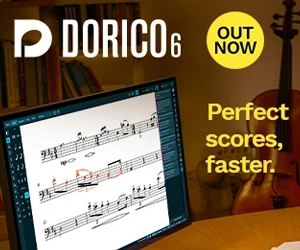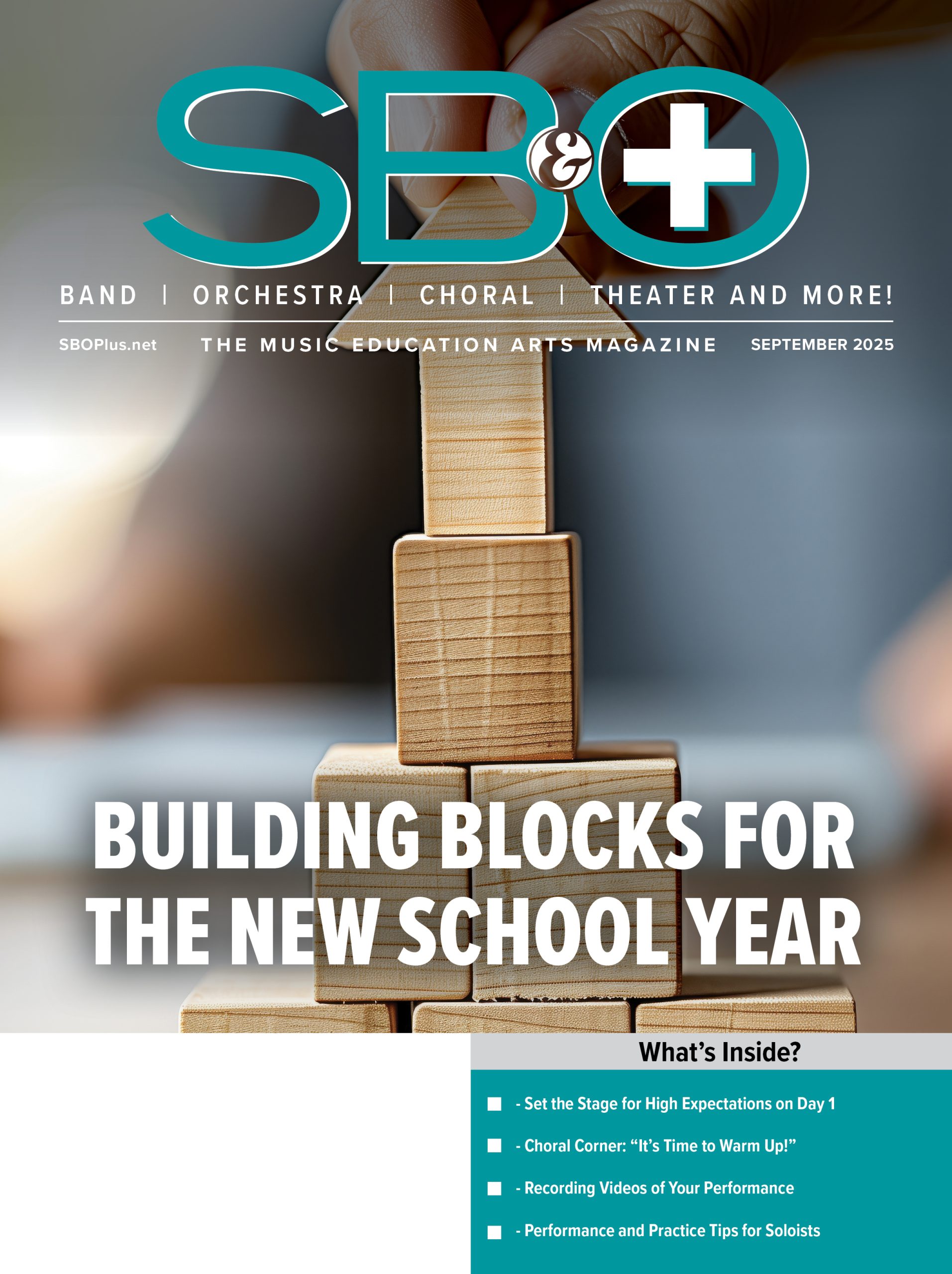
How perceptions can affect learning in the music classroom
As educators, we strive to meet the needs of our individual students. But are we taking the time to know each and every one of the kids who walk through our classroom doors, familiarizing ourselves with each of their backgrounds, interests, and differences? How about for students of color? In our society, it’s easier for people to group others by their race or ethnicity in order to identify one another. In the United States, this means categorizing people of color by physical characteristics. For Asian Americans, this seems to encompass so many nationalities under one umbrella. As a Filipino American, I am grouped into the common umbrella term AAPI or Asian American and Pacific Islander, which includes a diverse set of cultures, traditions, and nationalities. Individuals in this group hold similar experiences, often being labeled the “model minority” and strive to achieve assimilation into mainstream white culture — which has largely been seen as “success” in America. For the diverse AAPI community, it’s a massive generalization overlooking the significant differences and influences taken by each culture. We experience this generalization in our personal, educational, and professional lives and it’s important to reflect on the educator’s ability to help dismantle or uphold these views within their work.
Since the mid-’90s, the idea of culturally relevant or culturally responsive teaching has become a standard. This is the pedagogy coined by the educator Gloria Ladson-Billings which describes the importance of “empowering students intellectually, socially, emotionally, and politically by using cultural referents to impart knowledge, skills, and attitudes” (Ladson-Billings, 1995). This idea puts students at the forefront of their learning, driven by their experiences and backgrounds. Reflecting on your teaching practices, it may be helpful to ask yourself if you project your beliefs and assumptions onto students based on race and physical characteristics. Do students feel these assumptions through a teacher’s words or actions within their lessons or interactions? A challenge arises though, when we see 30-40 students in a classroom, for an hour once a week, like I did, making it difficult to find time to recognize and understand those differences.
In order to understand the cultural and individual stories of your students, I’d like to share a personal example to frame my perspective on the AAPI experience and how this perception guided my musical journey. I was born and raised in Chicago by two immigrant parents. As with many Filipino immigrant families, it’s fairly common to push for assimilation – letting go of many remnants of the islands left behind, adopting the culture of the new society. A few traditions were kept such as food, holidays, and music. Music has always been part of my life through formal lessons, school band, church choir, and family gatherings. Some of my earliest musical memories are of my late grandfather, civil engineer by day and ballroom dance instructor by night. Latin music could be heard at every party, with my grandfather teaching everyone the latest step or line dance. Usually, it was the song by Mexican artist Daniela Romo, “Todo, Todo, Todo,” which became a popular Filipino line dance. Latin music can be found at many Filipino gatherings, potentially due to Spanish influence stemming from the Philippines’ colonial period.
The sounds of Latin percussion, horns, and dancing feet are the sounds of my childhood. I wanted to honor my family’s tradition by learning to play and study Latin percussion. However, I found obstacles along the way, since Latin music didn’t necessarily “fit” with what I “should” be learning, as one of my instructors told me. Instead, I was encouraged to research and learn the traditional music of the Philippines or explore what other Filipino percussionists did. This same expectation was not put on my majority-white classmates as they focused on instruments such as marimba, djembe, steel pans, and other instruments that didn’t fit the pattern of what “should” be learned by students based on their ethnicity. This had a profound impact on me, as it served as one of the constant reminders many AAPI students and adults alike experience of their status as “perpetual outsiders.” There was a feeling of perceived or projected cultural identity placed upon me. Because I am Filipino, it’s only through this lens I can contribute to society or an artform, while my white peers could express their musicality beyond their own cultural identity.
Having experienced this, I considered carefully how this perceived or projected cultural identity manifested in my work teaching in predominantly Spanish-speaking Puerto Rican and Mexican-American communities. I reflected on how I perceived my students in the classroom. Did I have preconceived notions about their culture? Was I placing limitations on their abilities through those preconceived notions or biases? It was always my job to meet the students where they are, guide their learning, and help them achieve their potential. Was I perfect at it every day of the year? Of course not, but I tried to shape my overall approach and pedagogy with these questions.
In order to strive to be more inclusive and culturally responsive educators, I find that it’s important to constantly reflect on our own biases. It is hard work and may take a long time to challenge these views, but it is critical to remember that our daily interactions, no matter how small, make long-lasting impressions on our students’ lives. I leave you with some questions I found helpful to navigate some of these challenges: How are you getting to know your students and their interests? How are you supporting their personal musical trajectory? How are you actively working on seeing your students as they are without projecting your own views, interests, and perceptions onto them? These questions may not be easy ones to answer but asking them now may help you see your students through their eyes.
Joe Panganiban is an educator, musician and the senior director of programs for nonprofit Little Kids Rock.




























